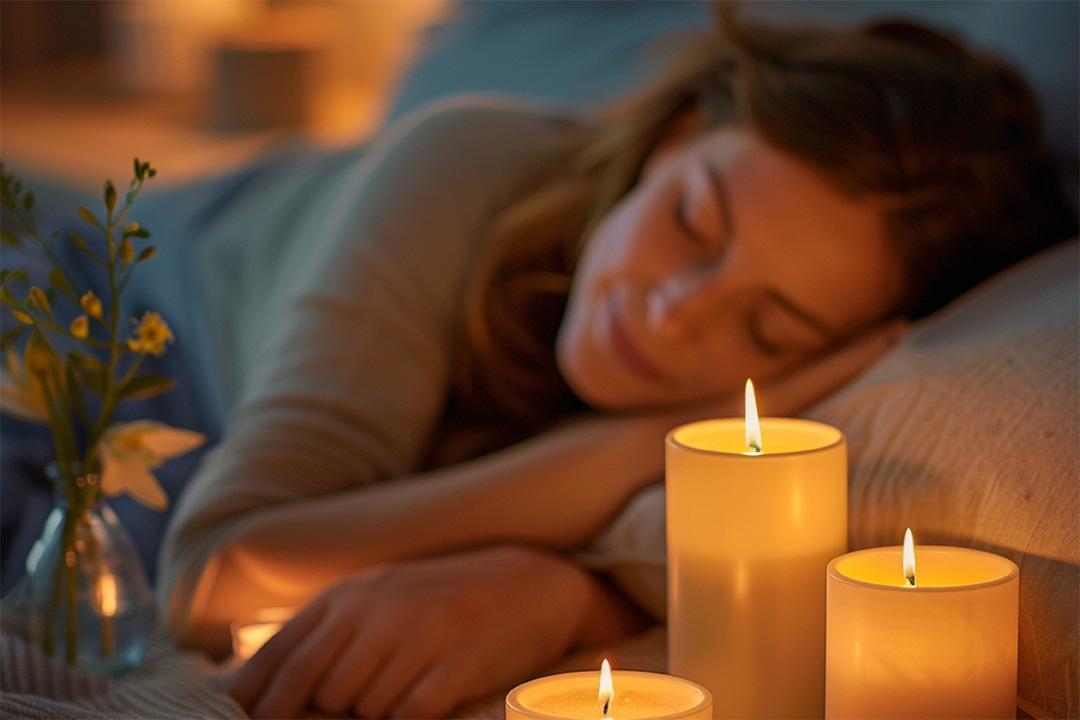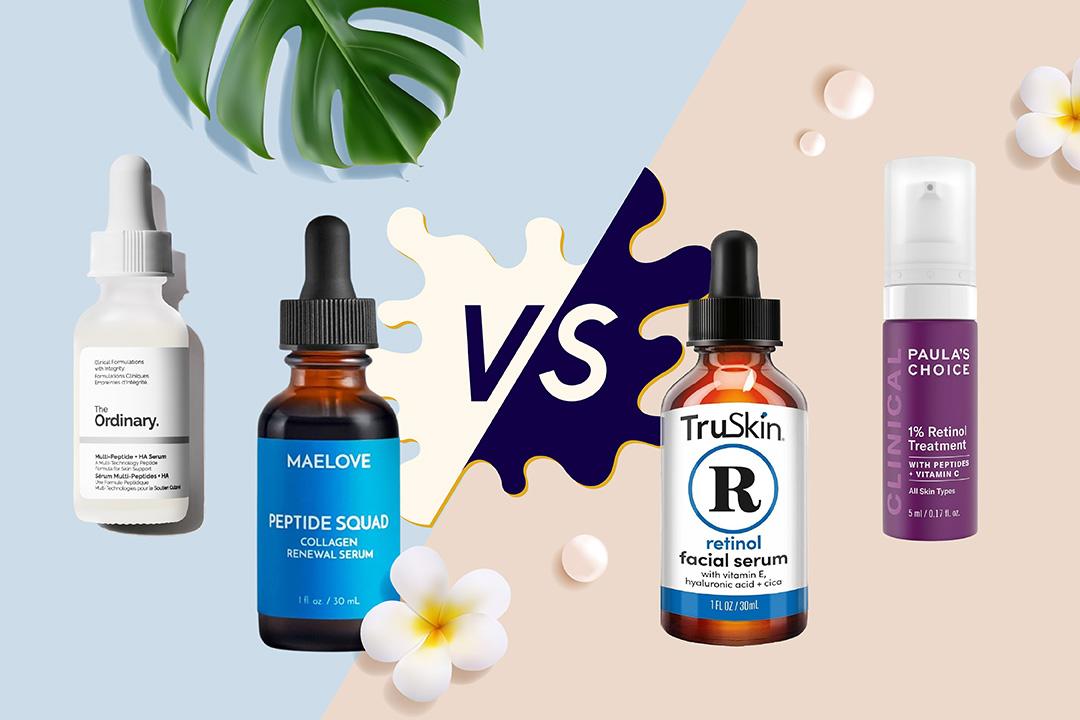As much as some of us love coffee, many people can’t enjoy its caffeinated goodness due to health concerns or sensitivity to caffeine’s effects. Whether you suffer from digestive issues, anxiety, insomnia, or heart problems, you might be used to brewing up a decaf coffee instead of a regular brew.
The good news is that there is a wide selection of decaf options. Many brands offer decaf options in the form of instant coffee, pods, ground coffee, and whole-bean coffee. But have you ever wondered how decaf coffee is produced? How healthy is it? And is it safe to drink?







